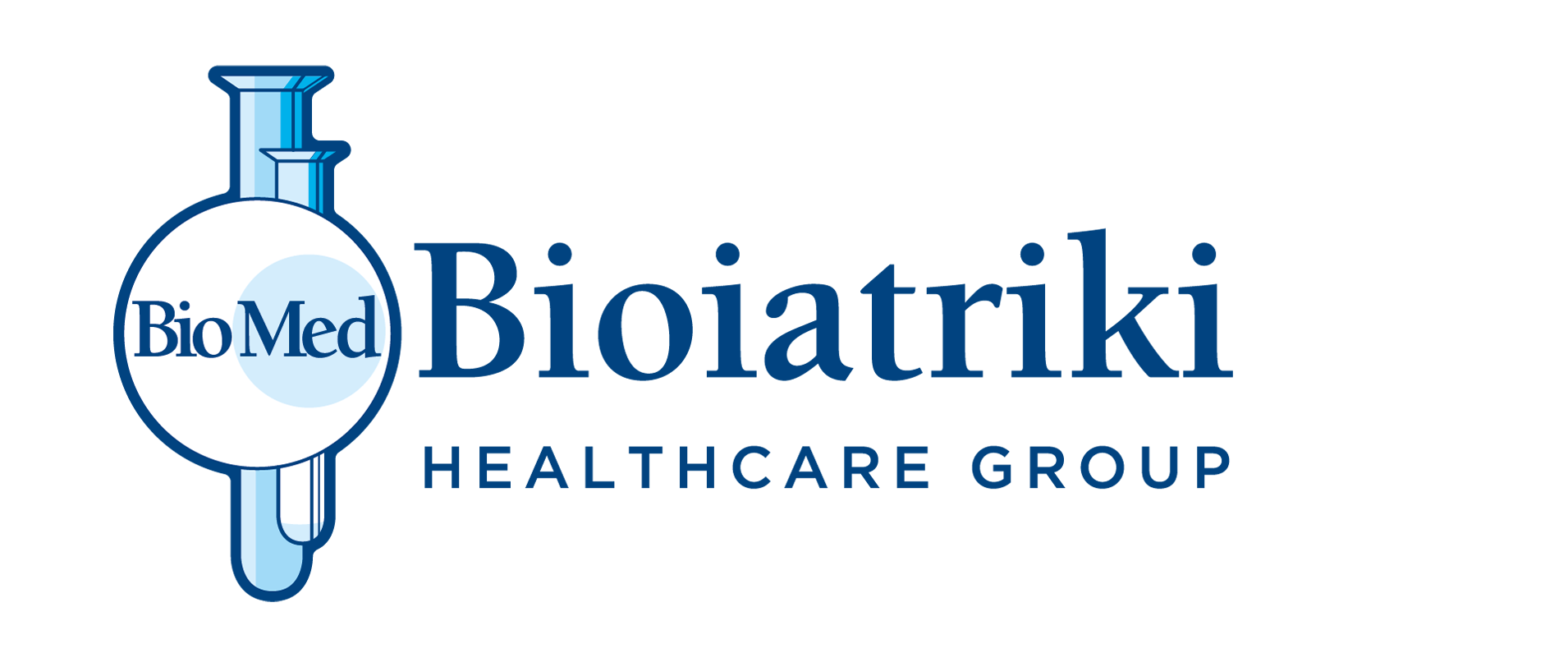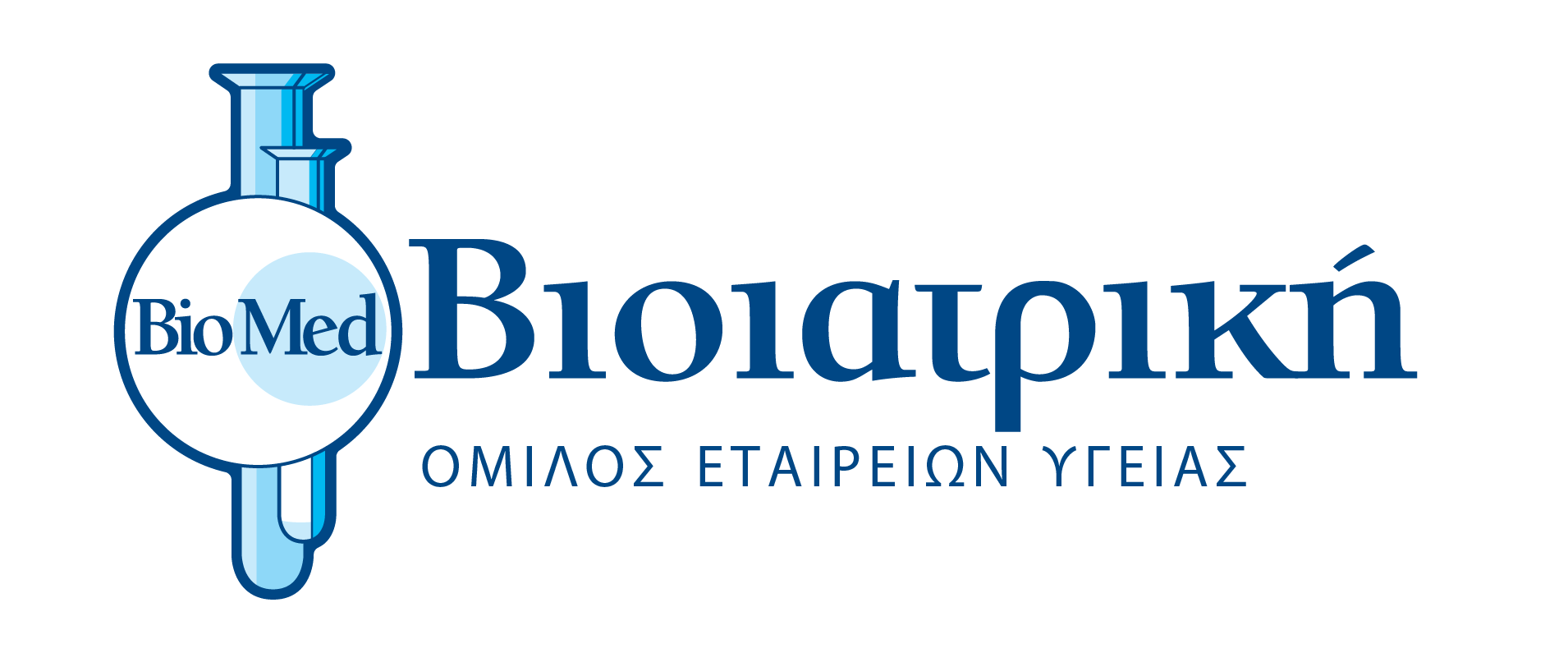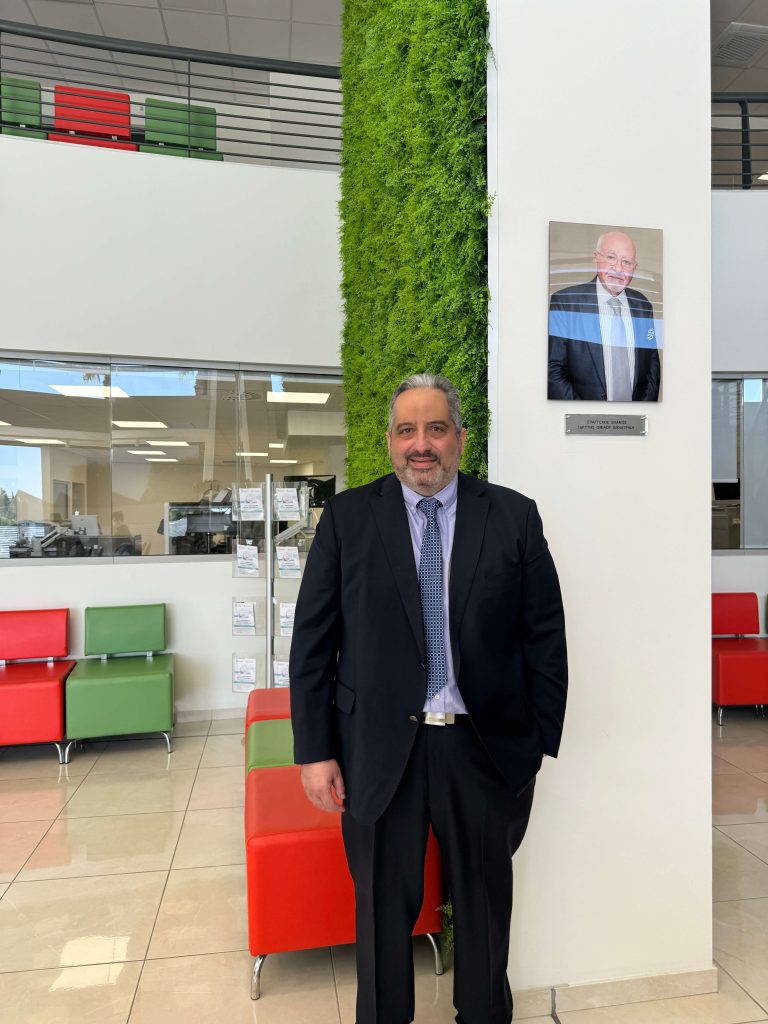by Kyriakos Yiannoukas*
What would you think if someone told you that the main causes of death, such as cardiovascular diseases, cancer, respiratory diseases, infections, and a host of other preventable diseases, could be avoided if diagnosed early? The importance of preventive medicine is becoming increasingly significant, as many life-threatening diseases can now be prevented, thanks to significant scientific advancements. The value of prevention has been emphasized since ancient times, with the words of Hippocrates, “it is better to prevent than to cure,” being universally known and always relevant. The coronavirus pandemic and the unprecedented conditions humanity experienced unfortunately set us back from important screening tests with scientists around the world warning about the risks for the public health and the economy. The plan for screening tests should be decided by the patients’ personal physician, as it depends on many factors such as gender, age, family history, etc. However, it is of utmost importance that every person undergoes a general check-up once a year – a set of screening tests aimed at preventing or even early diagnosis of various diseases, including serious ones. On the occasion of World Health Day, celebrated on April 7th, reminding us of the paramount importance of good health in our lives, we present below the basic information that every patient should know before undergoing a routine check-up.
- What is a check-up and why is it important for our health?
- 2.How many examinations do screening tests include? General preventive medical examinations are categorized into more specific ones. Each group / category consists of the most basic medical tests, which are necessary for the information needed to assess the function and status of our body. A complete checkup includes more than 50 analyses from blood, urine, and stool sample.
- What diseases can the general check-up detect?
The global medical community has highlighted and substantiate the importance of early diagnosis through check-ups, the early detection of benign and malignant tumors or predisposing factors. More specifically, a check-up can detect conditions such as anemia, diabetes, osteoporosis, cardiovascular diseases, and cancer (i.e., cancer markers for pancreas, gastrointestinal system, ovaries, breast, bladder, prostate). It also provides information about the function of the thyroid gland, liver, urinary, gastrointestinal, and immune systems, and can detect joint diseases as well as potential infection by hepatitis viruses (A, B, C). Depending on the results, the doctor may refer patients for further examination or for more specialized tests.
- At what age should an individual proceed to a check-up?
- Is any preparation required from the patients before sampling?
*CEO of Yiannoukas Medical Laboratories, BIOIATRIKI Healthcare Group in Cyprus










